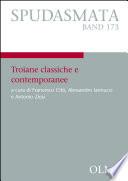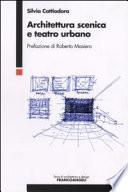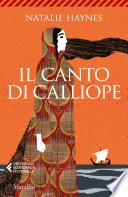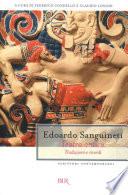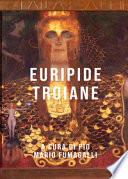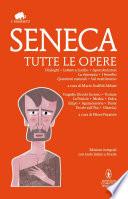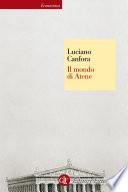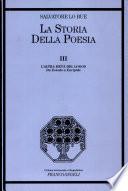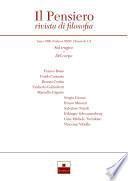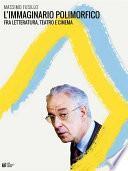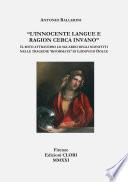
"L’innocente langue e ragion cerca invano". Il mito attraverso lo sguardo degli sconfitti nelle tragedie 'riformate' di Lodovico Dolce
Autore: Antonio Ballerini
Numero di pagine: 383Could the Venetian Lodovico Dolce—widely known as “mediocre,” “insincero,” a cautious polymath of the 16th century—have actually harbored heterodox sympathies? Did some of his works (particularly those composed between 1545 and 1555) indeed dare to convey a more or less veiled reformist message? And is it conceivable that his rich dramatic output represented a sort of unicum in the literary panorama of the Cinquecento, as a tormented, far-from-reassuring ‘tragedy of necessity’ (openly defending the concept of servile will) and of innocence unjustly persecuted? What was this dramaturgy—rooted in the inevitable defeat of ‘good’ in History—meant to communicate to the many reformers in Catholic lands?Answering these questions perhaps means giving voice to a battle fought in the name of an unmentionable idea, of a shared yet unshareable creed, of a collective dream so deeply rooted that it could only be extinguished by the harshest repression. And of a proud yet inevitable defeat that, in Dolce, gradually turned into misunderstanding, incomprehension, and historiographical reversal: until the Venetian writer was recast as a kind of ‘champion’ of the opposing ...
